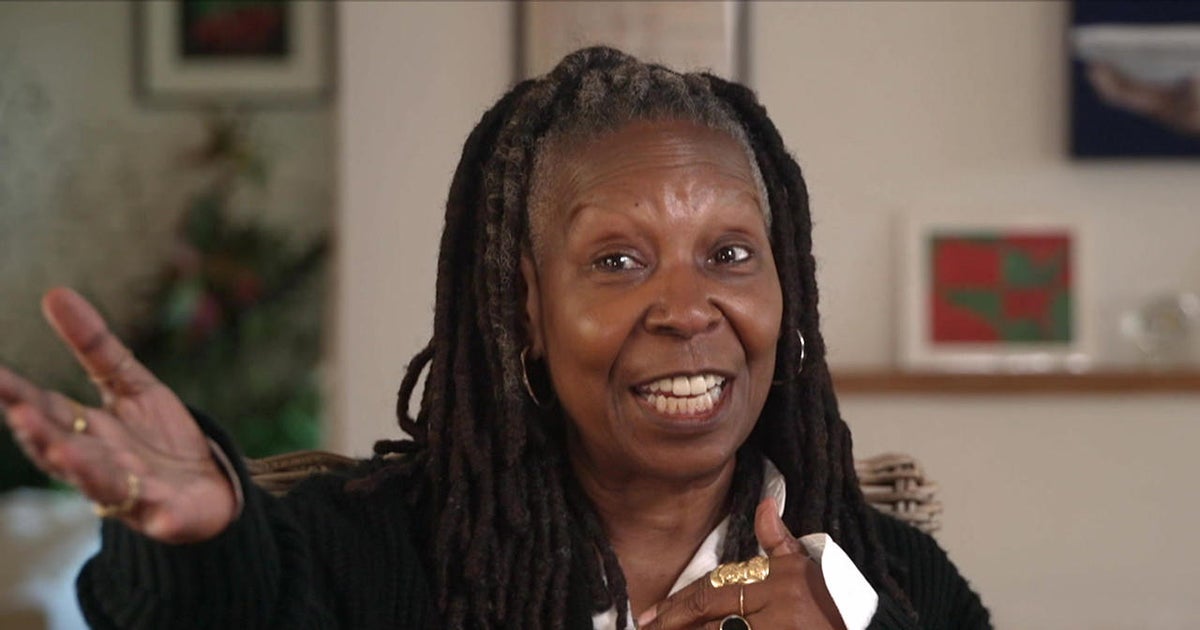Baby teether study finds many contain potentially harmful chemicals
Lots of parents make it a point to buy baby teethers labeled “non-toxic” or “BPA-free,” but a new study suggests they might not be 100-percent free of troubling chemicals.
U.S. regulators have banned or restricted the use of the plastics chemical Bisphenol-A (BPA), parabens and antimicrobials in some products babies and children use daily — including bottles and cups — because, at certain levels, they’re thought to cause hormone changes that can lead to health issues. Baby teethers — gummed by infants to soothe teething pain — aren’t subject to the same regulations.
Study author Kurunthachalam Kannan told CBS News that he and colleagues wanted to learn more about the chemical make-up of teethers since many babies use them off and on all day. They tested 59 teethers — including solid, gel-filled and water-filled models — for 26 potential endocrine-disrupting chemicals.
Endocrine disruptors are chemicals that can interfere with the body’s hormonal balance and could potentially lead to developmental, reproductive, neurological and immune system and other health issues.
“We wanted to look at chemicals in baby teethers as one of the sources of exposure because now they come in different forms. The gel and water-filled teethers have some preservatives in them such as paraben, which can affect the endocrine system,” said Kannan, a research scientist at New York State Department of Health and the School of Public Health at the State University of New York at Albany.
To simulate the toy in the mouth of a baby, the scientists placed the teethers in water for an hour and found that BPA, plus a range of different parabens and antimicrobials — including triclosan and triclocarban — leached out into the water from most of the teethers.
The research, published in the American Chemical Society’s journal Environmental Science and Technology, found that BPA and other chemicals even leached out of brands labeled “BPA-free” or “non-toxic.”
“Almost 90 percent of the teethers we bought were labeled as BPA-free, but we found BPA in almost every product and most were labeled as non-toxic. We were finding more than 15 to 20 toxic chemicals in all of the them,” said Kannan.
The levels measured were lower than current regulatory limits for other products, Kannan noted. But he said those limits are not set specifically for babies and don’t take into account the accumulation of chemicals a baby might be exposed to over time and from multiple products.
The scientists believe this is the first study to examine the “occurrence and migration” of a wide range of endocrine disruptors from the surfaces of baby teethers.
As a scientist and a parent, Kannan said the findings are disturbing. Unlike toys that expose a baby’s skin to the products, he said, “this product goes in the mouth of babies and that’s why exposure is a matter of serious concern.”
Over the last few decades, more attention has been given to the possible negative health effects of endocrine disruptors in humans and animals. They’ve been linked with developmental problems, reproductive interference, increased cancer risk and disturbances in the immune and nervous system, according to the U.S. Environmental Protection Agency. But more research is needed to better understand their impact on humans.
“Early life stage exposure is serious. Exposure to toxic chemicals during infancy can have detrimental affects and alter stages in life. That’s the theory that’s out there,” Kannan said.
CBS News medical contributor Dr. Tara Narula said possible health risks of early childhood exposure to endocrine disruptors could include asthma, diabetes, neurodevelopment disorders, obesity, and reproductive abnormalities.
“The FDA reviewed 300 studies in 2014 and they say that BPA in our current supply, that we get from our food packaging, is safe,” Narula said on “CBS This Morning.” But the jury is still out on how exposure to the chemicals might impact the long-term health of babies, children and teens.
Kannan hopes the findings will help regulators develop stricter regulatory guidelines to protect babies from exposure to potentially toxic chemicals in teethers and other baby products.
“As a consumer myself with babies, I would love to buy products that are considered safe, without toxic chemicals,” Kannan said.
In the meantime, Narula suggested that concerned parents can use frozen bagels, a frozen washcloth or a frozen carrot for teething babies to chew on.
“There are some teethers made of wood or natural organic cotton that can be used as well,” she said.
Kannan recommended a frozen waffle. The only downside, he noted, is that they’re not re-usable.




